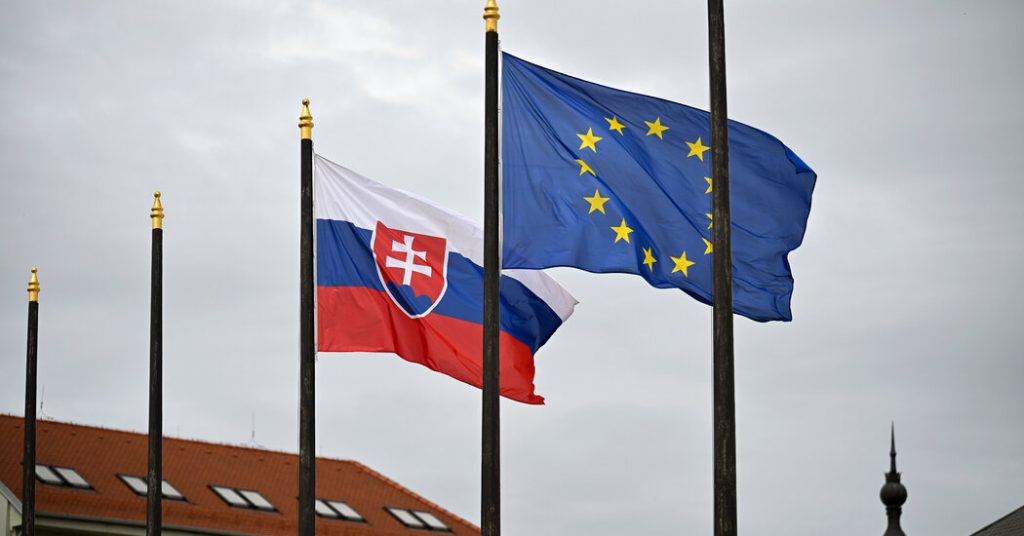Slovakia is a relatively young country with a history closely intertwined with its central European neighbors. It was born out of the former Czechoslovakia amid the dissolution of the Soviet Union in the late 20th century. Czechoslovakia, established after World War I, endured dismemberment by the Nazis and over four decades of Communist rule. However, during the fall of Communism in the late 1980s and early 1990s, the Velvet Revolution led to independence and the split of Czechoslovakia into two nations: the Czech Republic and Slovakia.
After experiencing economic and political upheaval following its independence, Slovakia joined the European Union and NATO in 2004 and adopted the euro in 2009. Despite these advancements, tensions remained between Slovakia and the Czech Republic, its richer and larger neighbor. Slovakia, with a population of five million, has had ongoing struggles with national identity and political polarization. Prime Minister Robert Fico, a prominent politician in the country since independence, was forced to resign in 2018 following protests over the murder of a journalist investigating government corruption.
Mr. Fico was re-elected in 2019 after taking a pro-Russian campaign stance that tapped into Slovakia’s historical sympathies towards Russia. This re-election came after a period of deep polarization in Slovakia, as seen in the aftermath of the journalist’s murder, leading to sweeping protests and calls for political change. The country’s complex history, marked by independence movements and the Velvet Divorce, continues to shape its political landscape and relationships with neighboring countries.
Slovakia faces ongoing challenges in establishing its national identity and navigating its relationship with the Czech Republic. The country’s history of multiethnicity, Nazi occupation, and Communist rule has left a lasting impact on its development as a nation. As Slovakia continues to engage with the European Union and NATO, it must address internal divisions and political polarization to move towards a more stable and unified future.
The recent assassination attempt on Prime Minister Robert Fico has brought renewed attention to Slovakia’s political landscape and the need for stability and unity within the country. Despite ongoing tensions with its neighbors and internal divisions, Slovakia has made significant progress since gaining independence, including joining key international organizations like the EU and NATO. As Slovakia moves forward, it will need to address historical grievances and build a stronger national identity to ensure continued growth and stability in the region.







